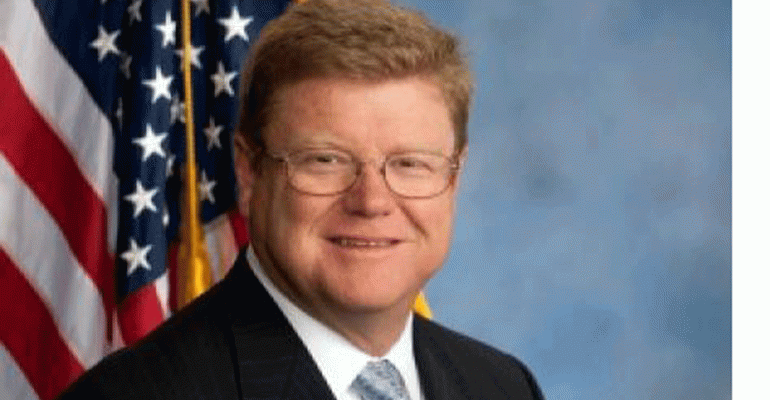With the recent GSA (and now IRS) meeting-related scandals, one has to wonder and/or worry if government meetings will join all too many pharmaceutical companies and other optics-wary organizations in ruling out using any property that could be considered a resort for its meetings. While I'm all for not wasting taxpayer dollars on boondoggles, blacklisting properties or destinations just because they have the word "resort" in their names or are considered to be great vacation spots is one of those overzealous blanket moves that people who haven't thought it through tend to do. I mean, we all know that you can get incredible deals at beautiful resorts in Aspen in the spring, or Phoenix in the summer. So taking all resorts out of the mix for government meetings could potentially end up costing us more. Duh.
But it's already happening. According to the American Hotel and Lodging Association, some government agencies have already implemented formal limits on federal government travel to “resort” locations, including the Department of Agriculture, Department of Homeland Security, Department of Justice, Federal Bureau of Investigation, GSA, Bureau of Indian Affairs, and Social Security Administration. Some DOD branches also are shying away from anywhere gambling is allowed.
While I don't have high hopes for it—according to govtrack.us, it only has a 2 percent chance of getting enacted—it was heartening to see that Nevada's House delegation has kicked off a stop-the-madness campaign in the form of the “Protecting Resort Cities from Discrimination Act of 2013." Introduced May 8 by Rep. Mark Amodei (R-Nev), with original cosponsors and nicely bipartisan Reps. Joe Heck (R-Nev), Dina Titus (D-Nev), and Steven Horsford (D-Nev), the act acknowledges the economic importance of meetings and conferences for local businesses and tax revenues, that resorts can sometimes be the best economic choice, and that government agencies have a responsibility to make the best choices when it comes to selecting sites for their meetings. And here's the call to action:
"No agency or department of the United States may establish or implement an internal policy regarding travel, event, meeting, or conference locations that discourages or prohibits the selection of such a location because the location is perceived to be a resort or vacation destination."
In a press release, Rep. Heck lays it out thusly:
"In the wake of the scandal involving the wasting of taxpayer funds on lavish conferences and trips by government bureaucrats at the GSA, it is entirely appropriate that we scrutinize what defines an acceptable use of taxpayer dollars. However, after the GSA issue was exposed, the city of Las Vegas was unfairly targeted as somehow being the cause of the wasteful spending. Anyone who has ever traveled to Las Vegas can tell you that it is often cheaper to rent rooms and conference space there because of the competition for business and abundance of space. Resort cities like Las Vegas are not the problem here. Irresponsible federal workers are."
Adds Rep. Amodei, "These prohibitions emphasize optics over real fiscal restraint, because they have been implemented without concern for whether the banned resorts and casinos present a better value for taxpayers."
If you feel the same way, please let your representatives know.


